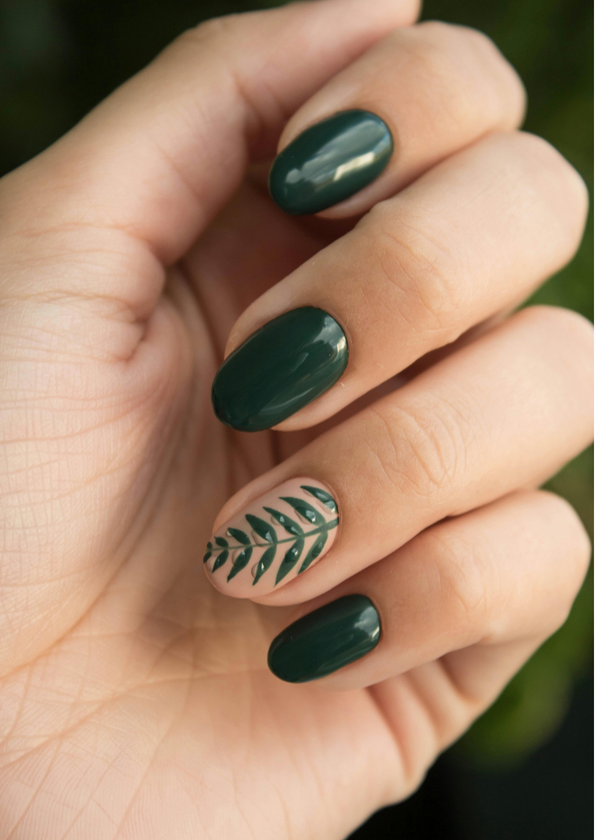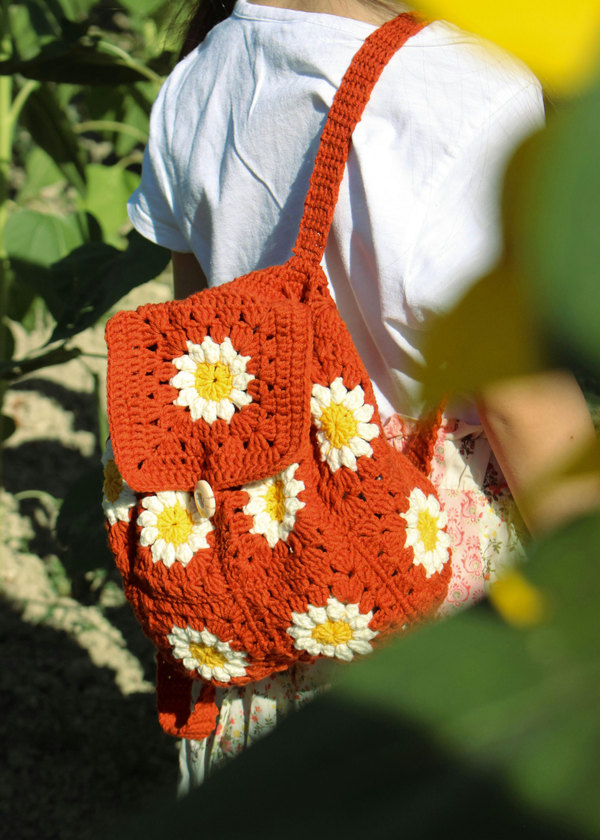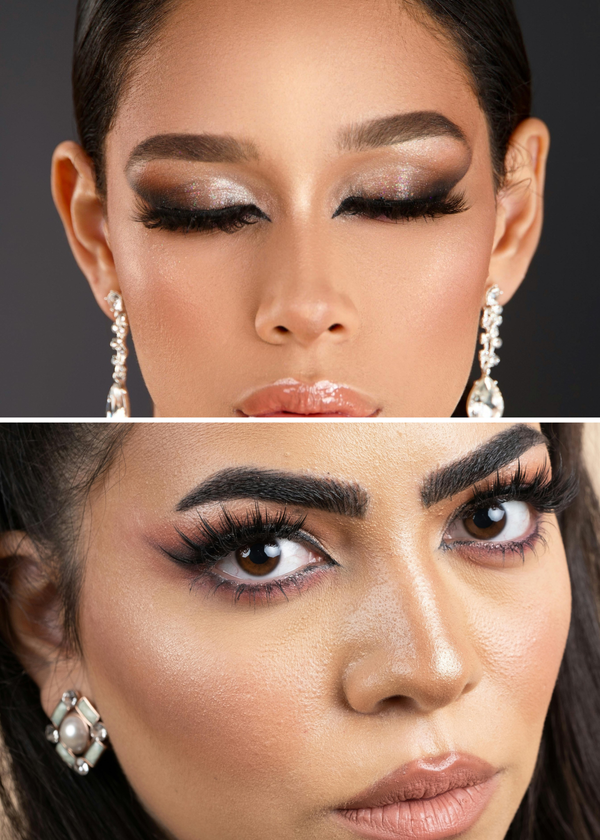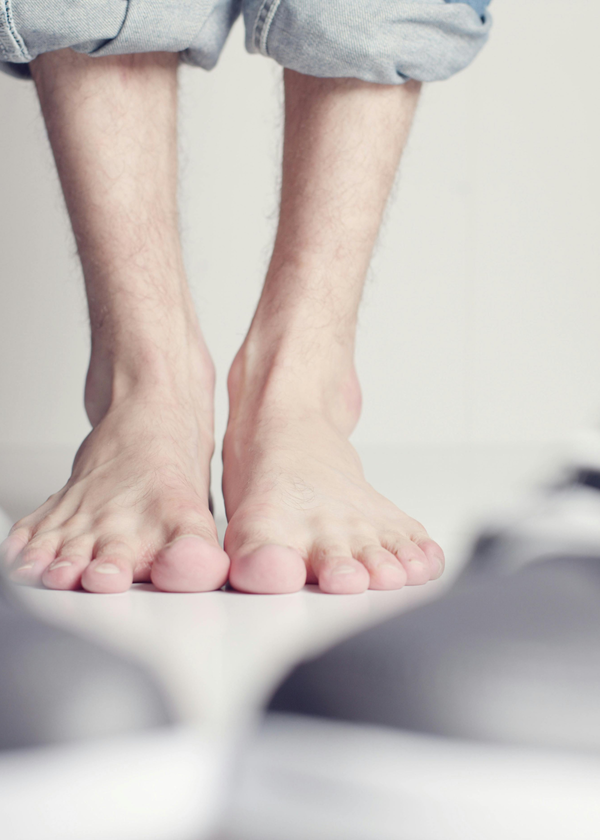Acne is a common skin woe that affects millions of people worldwide. From over-the-counter creams to prescription medications, there's a plethora of products available to combat this persistent skin condition.
However, in recent years, a more natural and traditional remedy has been making waves in the skincare world: rice water cleanser. Proponents claim that rice water cleanser can be a game-changer for acne-prone skin.
But is this just another beauty trend or is there scientific evidence to support its effectiveness? In this comprehensive article, we'll dive deep into the world of rice water, exploring its history, components, and the potential benefits it may offer to acne sufferers.
The Rich History of Rice Water
Rice water is not a new discovery; it has been a part of Asian skincare routines for centuries. Historical records dating back to the Tang dynasty (618-907 AD) in China mention the use of rice water as a beauty treatment. It was also favored by ancient Japanese geishas for its skin-perfecting properties. So, what exactly is rice water?
Rice water is the starchy water leftover after washing or soaking rice. Traditionally, it was collected and used as a beauty elixir to improve skin tone, texture, and overall complexion. This age-old practice is rooted in the belief that rice water is teeming with nutrients that can nourish the skin.
The Components of Rice Water
Before delving into whether rice water is good for acne or not, let's take a closer look at its composition to understand why it's considered beneficial for the skin.
1. Starch
- Rice water contains a high concentration of starch, which can help soothe irritated skin and reduce redness.
2. Vitamins
- Rice water is rich in various vitamins, including B vitamins (B1, B2, B3, B6), vitamin E, and vitamin K. These vitamins are known to promote healthy skin and may aid in the healing of acne lesions.
3. Minerals
- Minerals such as magnesium and calcium are present in rice water, which can help maintain the skin's barrier function and prevent moisture loss.
4. Amino Acids
- Amino acids are the building blocks of proteins. Rice water contains several amino acids that play a role in skin repair and regeneration.
5. Antioxidants
- Rice water also contains antioxidants like ferulic acid, which can protect the skin from oxidative stress and premature aging.
6. Allantoin
- Allantoin is a compound found in rice water that has soothing and anti-inflammatory properties, potentially making it beneficial for acne-prone skin.
Now that we have a better understanding of the components found in rice water let's explore whether these components can truly benefit individuals with acne.
The Potential Benefits of Rice Water for Acne
1. Oil Control
- Excessive oil production is a common trigger for acne. The starch in rice water may help control oiliness when applied topically. It can act as a natural mattifying agent, reducing the shine associated with oily skin.
2. Anti-Inflammatory Properties
- Acne is often accompanied by redness and inflammation. The allantoin and amino acids in rice water have anti-inflammatory properties that could potentially help soothe irritated skin and reduce the redness associated with acne.
3. Skin Barrier Support
- Maintaining a healthy skin barrier is crucial for acne-prone individuals. The minerals in rice water, such as magnesium and calcium, may aid in strengthening the skin's barrier function, reducing the risk of further breakouts.
4. Gentle Exfoliation
- Rice water can act as a mild exfoliant, helping to remove dead skin cells that can clog pores and contribute to acne formation. This gentle exfoliation may promote smoother, clearer skin.
5. Brightening Effects
- The vitamins and antioxidants in rice water can contribute to a brighter complexion. This is particularly beneficial for individuals with post-acne marks and blemishes, as it may help fade them over time.
6. Hydration
- Proper hydration is essential for healthy skin. Rice water's moisturizing properties can help keep the skin hydrated without clogging pores, which is crucial for those with acne-prone skin.
How to Use Rice Water for Acne
Now that we've explored the potential benefits of rice water for acne, you may be wondering how to incorporate it into your skincare routine. Here are some steps to get you started:
1. Rice Water Toner
- After rinsing your rice, collect the water and use it as a toner. Apply it to your face using a cotton pad or by gently patting it onto your skin. This can help balance oil production and soothe inflammation.
2. Rice Water Face Wash
- You can also use rice water as a gentle face wash. Simply splash your face with rice water and massage it in for a minute or two before rinsing with lukewarm water. This can help with exfoliation and hydration.
3. Rice Water Face Mask
- To get a more concentrated dose of rice water's benefits, consider using it as a face mask. Mix rice water with other skin-friendly ingredients like honey or yogurt and apply it to your face for 15-20 minutes before rinsing off.
4. Rice Water as a Spot Treatment
- If you have individual acne spots, you can apply rice water directly to the affected areas using a cotton swab. This can help calm inflammation and promote healing.
Potential Side Effects and Precautions
While rice water can offer several benefits for acne-prone skin, it's essential to be aware of potential side effects and take precautions:
1. Allergic Reactions
- Some individuals may be sensitive to rice or its components. Always perform a patch test before using rice water on your face to ensure you don't experience any adverse reactions.
2. Irritation
- Overuse or leaving rice water on the skin for extended periods can lead to dryness or irritation. Start with a small amount and gradually increase usage if your skin tolerates it well.
3. Quality Matters
- Ensure that the rice you use to make rice water is clean and free from contaminants. Using unclean rice can lead to skin problems rather than benefits.
Conclusion:
In conclusion, rice water has a long history of use in skincare, particularly in Asian beauty rituals.
Its nutrient-rich composition, including starch, vitamins, minerals, amino acids, antioxidants, and allantoin, suggests that it can offer several benefits for acne-prone skin.
These potential benefits include oil control, anti-inflammatory properties, support for the skin barrier, gentle exfoliation, brightening effects, and hydration.
However, it's important to remember that while rice water can be a valuable addition to your skincare routine, it should not replace medically recommended treatments for acne.
If you have severe or persistent acne, it's best to consult a dermatologist for personalized advice and treatment options.
Ultimately, whether rice water is good for acne or not may vary from person to person. Some individuals may see significant improvements in their skin, while others may not experience the same results.
As with any skincare product, consistency and patience are key. If you decide to incorporate rice water into your skincare routine, monitor your skin's response and adjust your usage accordingly.
In the quest for clear and healthy skin, rice water may just be one of the many natural tools at your disposal.








